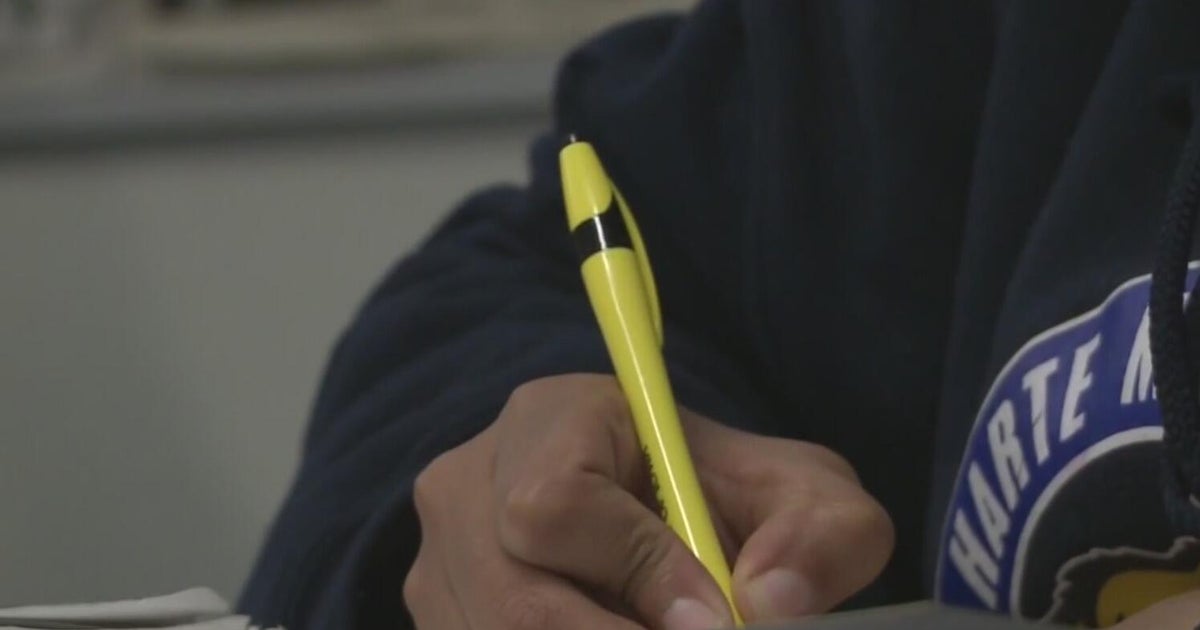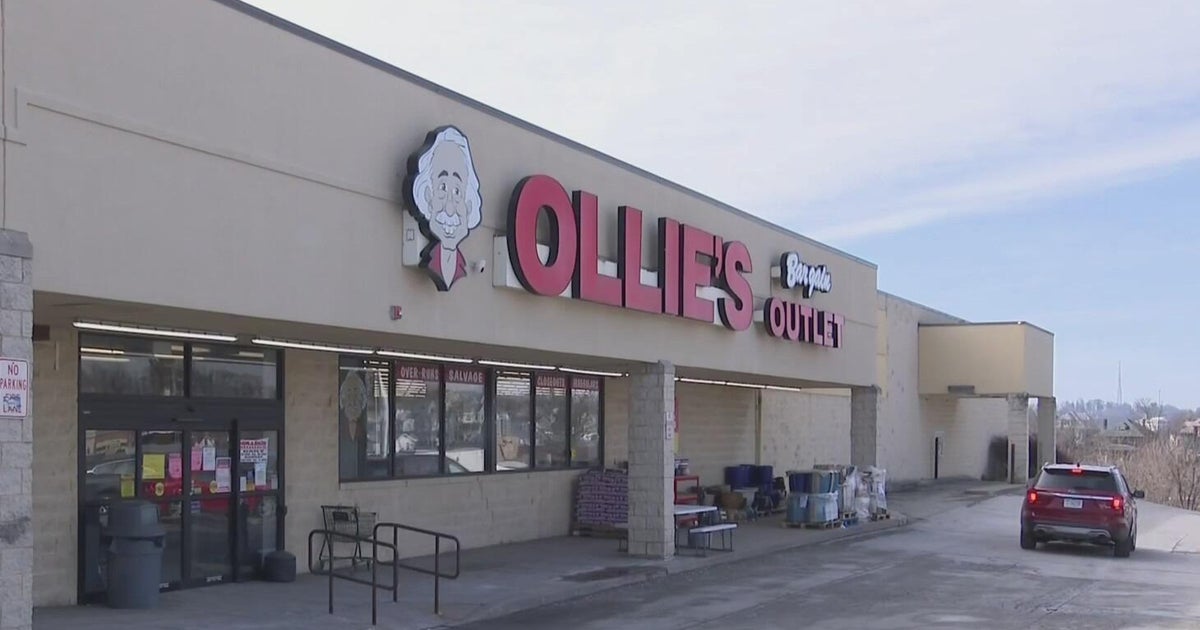FDA Addresses AED Malfunctions
BOSTON (CBS) - Automatic External defibrillators, or AED's, have saved thousands of lives. Just ask Bob Shriever of North Attleboro. He was refereeing a football game between Wellesley and Newton North nine years ago when he collapsed on the field.
"I was dead, clinically dead for two minutes and 35 seconds," he said. Luckily for Bob, the Newton North trainer had just added an AED to his equipment bag. "Three days after they received it, Newton North's AED saved me," Bob said with a tone of gratitude in his voice.
WBZ-TV's Joe Shortsleeve reports
Back in those days it was rare to have a portable AED readily available. Since then, activists like Bob have helped get them installed in thousands of locations. You'll find them at schools, malls, airports even office buildings. The problem is many have now been sitting there, unused, for years. That, according to leading cardiologist Dr. John Hirshfeld, is a problem.
"Anything that you have in your home that sits idle and you don't use may deteriorate and may not work, or it may not work and you may not know it," he explained.
The Food and Drug Administration has logged thousands of complaints of malfunctioning AED's. It's tough to say how many of those reports were directly responsible for a death because some of those patients may have died anyway. Still, Dr. Hirshfeld believes something needs to be done. "I think this is a public health issue," he said.
There are two things that can go wrong with an AED. More often than not it's a dead battery which leaves the device unable to deliver a shock. The other problem is with the pads that use adhesive to attach to the chest. "Over a two-year period the adhesive… dries out," Shriever explained. If the pads do not stick, again, the device will no be able to properly deliver a shock.
The FDA is working on a solution. An advisory panel has suggested that wall mounted devices be linked to the internet so that an email can be sent when the battery dies or to remind someone to replace the pads.
Bob Shriever believes a simple maintenance schedule should be mandated by either state or federal law. He wants to make sure that all devices are operational when someone's life depends on it. I'm very grateful for the fact that I am still here," he said.







